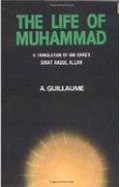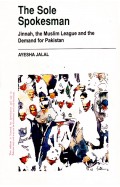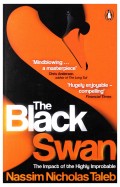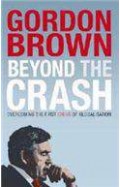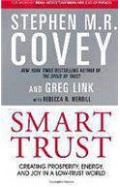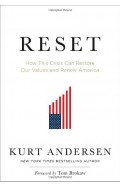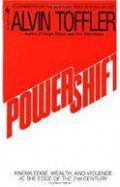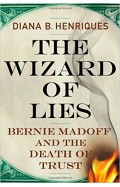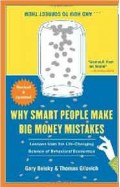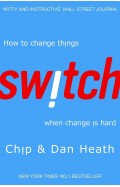- Home
- Categories
- Non Fiction
- Business & Management
- Business & Finance
- High Financier: The Lives And Time Of Siegmund Warburg
High Financier: The Lives And Time Of Siegmund Warburg
By: Niall Ferguson
-
Rs 1,787.50
- Rs 2,750.00
- 35%
You save Rs 962.50.
Due to constant currency fluctuation, prices are subject to change with or without notice.
| Book | |
| What's in the Box? | 1 x High Financier: The Lives And Time Of Siegmund Warburg |
The Great Degeneration: How Institutions Decay and Economies Die
By: Niall Ferguson
Rs 906.75 Rs 1,395.00 Ex Tax :Rs 906.75
High Financier: The Lives And Time Of Siegmund Warburg
By: Niall Ferguson
Rs 1,787.50 Rs 2,750.00 Ex Tax :Rs 1,787.50
The Great Degeneration: How Institutions Decay and Economies Die
By: Niall Ferguson
Rs 1,556.75 Rs 2,395.00 Ex Tax :Rs 1,556.75
Empire: How Britain Made the Modern World - (PB)
By: Niall Ferguson
Rs 2,321.25 Rs 3,095.00 Ex Tax :Rs 2,321.25
The End of the Liberal Order - Paperback
By: Niall Ferguson
Rs 2,065.50 Rs 2,295.00 Ex Tax :Rs 2,065.50
The Ascent of Money - A Financial History of the World
By: Niall Ferguson
Rs 3,145.50 Rs 3,495.00 Ex Tax :Rs 3,145.50
The Square and the Tower - Networks and Power, from the Freemasons to Facebook
By: Niall Ferguson
Rs 1,296.75 Rs 1,995.00 Ex Tax :Rs 1,296.75
Zubin Mehta: A Musical Journey (An Authorized Biography)
By: VOID - Bakhtiar K. Dadabhoy
Rs 472.50 Rs 1,050.00 Ex Tax :Rs 472.50
The Great Degeneration: How Institutions Decay and Economies Die
By: Niall Ferguson
Rs 906.75 Rs 1,395.00 Ex Tax :Rs 906.75
The Black Swan The Impact Of The Highly Improbable
By: Nassim Nicholas Taleb
Rs 2,965.50 Rs 3,295.00 Ex Tax :Rs 2,965.50
Beyond The Crash: Overcoming The First Crisis Of Globalisation
By: Gordon Brown
Rs 355.50 Rs 395.00 Ex Tax :Rs 355.50
Reset: How This Crisis Can Restore Our Values and Renew America
By: Kurt Andersen
Rs 450.00 Rs 500.00 Ex Tax :Rs 450.00
Powershift Knowledge Wealth And Violence at the Edge of the 21st Century
By: Alvin Toffler
Rs 1,271.25 Rs 1,695.00 Ex Tax :Rs 1,271.25
High Financier: The Lives And Time Of Siegmund Warburg
By: Niall Ferguson
Rs 1,787.50 Rs 2,750.00 Ex Tax :Rs 1,787.50
Why Smart People Make Big Money Mistakes and How to Correct Them
By: Gary Belsky
Rs 627.75 Rs 1,395.00 Ex Tax :Rs 627.75
Switch: How to change things when change is hard - (PB)
By: Dan Heath
Rs 767.25 Rs 1,395.00 Ex Tax :Rs 767.25
The Great Degeneration: How Institutions Decay and Economies Die
By: Niall Ferguson
Rs 906.75 Rs 1,395.00 Ex Tax :Rs 906.75
No recently viewed books available at the moment.
Zubin Mehta: A Musical Journey (An Authorized Biography)
By: VOID - Bakhtiar K. Dadabhoy
Rs 472.50 Rs 1,050.00 Ex Tax :Rs 472.50
The Great Degeneration: How Institutions Decay and Economies Die
By: Niall Ferguson
Rs 906.75 Rs 1,395.00 Ex Tax :Rs 906.75
High Financier: The Lives And Time Of Siegmund Warburg
By: Niall Ferguson
Rs 1,787.50 Rs 2,750.00 Ex Tax :Rs 1,787.50
The Great Degeneration: How Institutions Decay and Economies Die
By: Niall Ferguson
Rs 1,556.75 Rs 2,395.00 Ex Tax :Rs 1,556.75
Empire: How Britain Made the Modern World - (PB)
By: Niall Ferguson
Rs 2,321.25 Rs 3,095.00 Ex Tax :Rs 2,321.25
The End of the Liberal Order - Paperback
By: Niall Ferguson
Rs 2,065.50 Rs 2,295.00 Ex Tax :Rs 2,065.50
The Ascent of Money - A Financial History of the World
By: Niall Ferguson
Rs 3,145.50 Rs 3,495.00 Ex Tax :Rs 3,145.50
The Square and the Tower - Networks and Power, from the Freemasons to Facebook
By: Niall Ferguson
Rs 1,296.75 Rs 1,995.00 Ex Tax :Rs 1,296.75
The Great Degeneration: How Institutions Decay and Economies Die
By: Niall Ferguson
Rs 906.75 Rs 1,395.00 Ex Tax :Rs 906.75












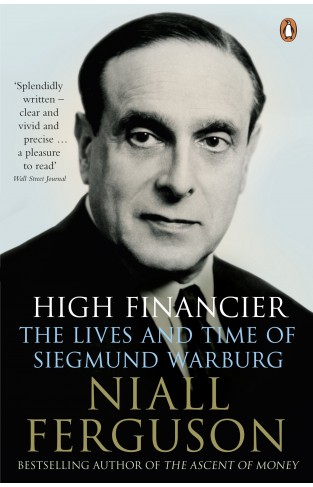
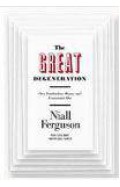
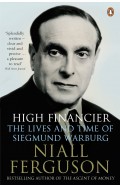

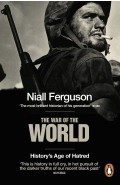
-120x187.jpg?q6)


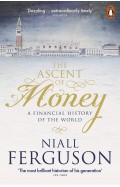

-120x187.jpg?q6)





